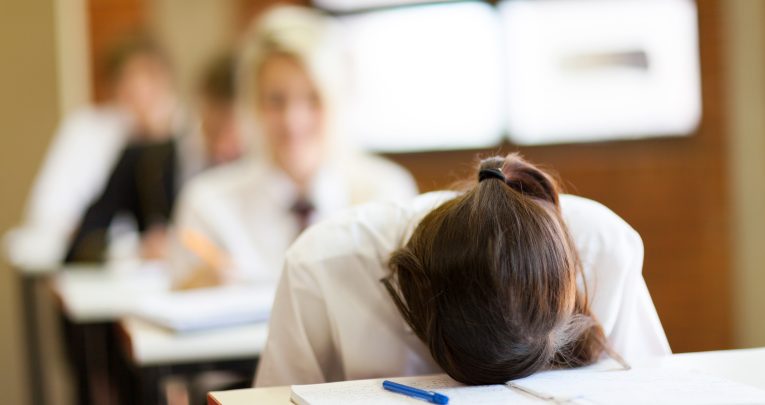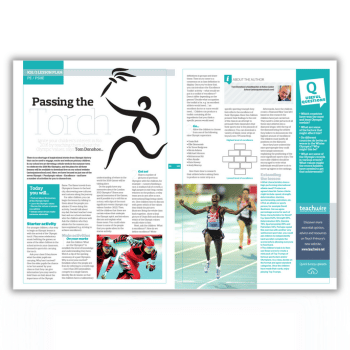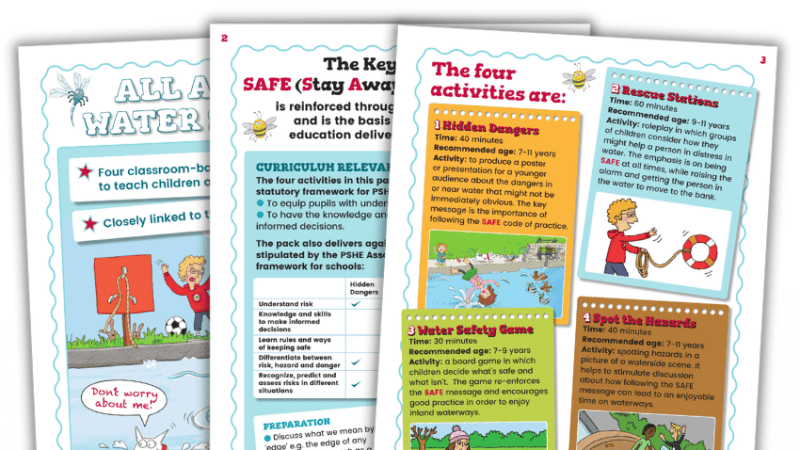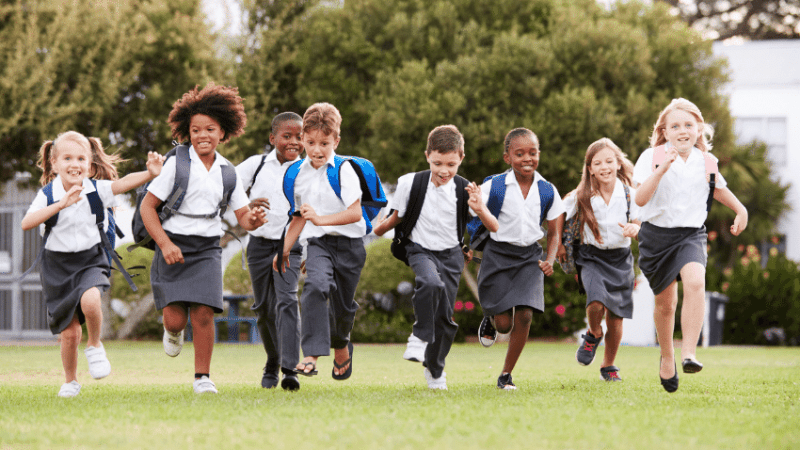Under Pressure – Are Primary Schools Doing Enough To Help Pupils Cope With Stress?

Dr Fiona Pienaar, Director of Clinical Services at children's charity Place2Be, outlines some of the principal reasons for childhood stress – and what primary teachers can do to help manage its effects

We like to think of childhood as a carefree time, but growing evidence shows that children as young as seven or eight are describing themselves as feeling ‘stressed’.
Of course, some stress is inevitable and a normal part of growing up. A certain level of stress can even be beneficial for learning and development – but when multiple issues arise and are combined, they may become overwhelming for some children.
In other cases, one life event can prove extremely challenging for children.
What causes stress?
There are many reasons why children might feel ‘stressed’, but they could be broadly categorised into four areas:
- Issues at school
Bullying, anxieties around schoolwork, homework or even feeling the impact of when their teachers are stressed. - Family issues
Conflict between parents, worries about separation or divorce, problems with siblings, parents’ expectations, illness or death of family members, the death of a pet or relocation. - Social issues
Fear of being left out, feeling like you can’t trust friends or feeling that your opinions are unimportant or ignored. - Innate factors
Factors that some children may be more predisposed to than others, such as fear of having no-one to talk to, fear of being alone, worrying about what’s going on in the world, or worrying about the future.
In my own experience of working with children in the school environment, they often feel that adults are unaware of what they might find stressful. In fact, many of the issues they face are often uncannily similar to those experienced by adults themselves.
How do children cope?
Children find many ways to cope with stress in their lives, some of which revolve around external support. One of the most common strategies, for example, is talking to someone – be it a parent or other family member, a friend, a teacher or even a pet.
Other children rely on internal coping strategies. For instance, they may find a private place to get away and spend some time on their own, or find something to distract themselves, such as watching television, reading, listening to music or going online.
The major challenge for children arises when the things that make them feel stressed involve the very people they would rely on for support, notably parents and teachers. In these cases, the children may rely heavily on their internal strategies for coping.
What can teachers do to help?
Children want and need opportunities to talk to adults about what they find stressful and how they cope. As teachers, you can play a pivotal role in helping them to understand about stress in their lives and the lives of others, allowing them to comprehend and de-mystify the experiences they have when life presents challenges.
Your pupils will often already have a wide variety of coping strategies, but discussing these can help put a name to what they are already doing, give credence to their skills and assist them in developing other strategies.
Schools can play a crucial role in ensuring that all children can identify at least one adult at school who they trust, and can be confident will support them if approached. This includes being able to talk about what’s going on outside of the school.
Finally, as a teacher you may be under a substantial amount of pressure yourself – but it is vital to be aware of your own stress levels, and the potential impact of this on the children you are teaching.
Ideally, you should have a range of coping strategies that you can consciously adopt, including support structures that you can access. This in turn will allow you to take advantage of opportunities to model to children how to cope with stress in life.
Place2Be provides training for school staff and teachers, particularly those who are newly or recently qualified, to help them understand children’s emotional wellbeing, what they might find stressful and how it affects their behaviour in the classroom.
For more information, contact 020 7923 5500 or visit place2be.org.uk.











